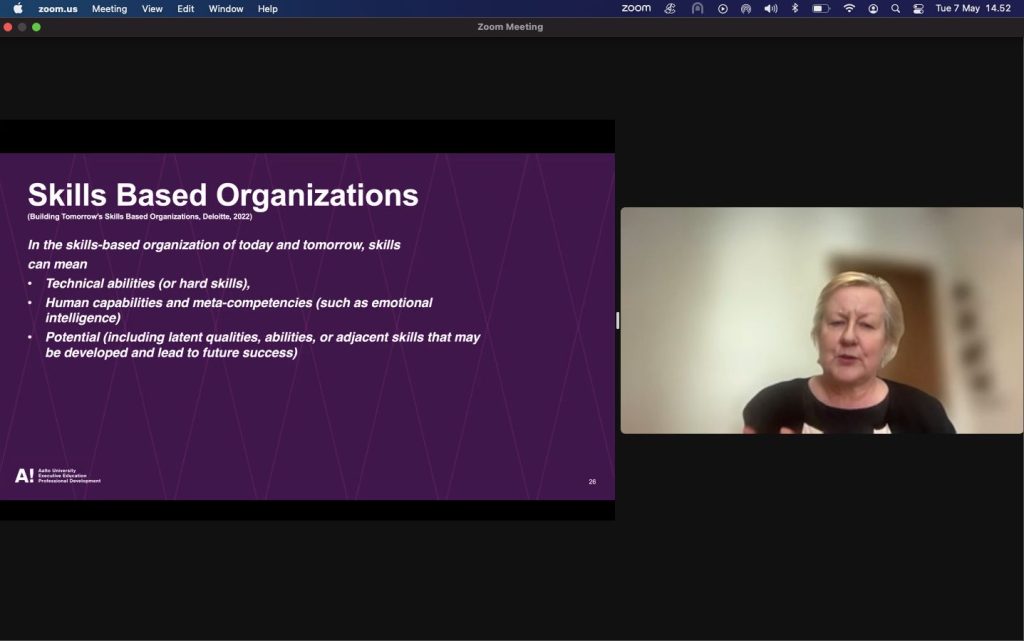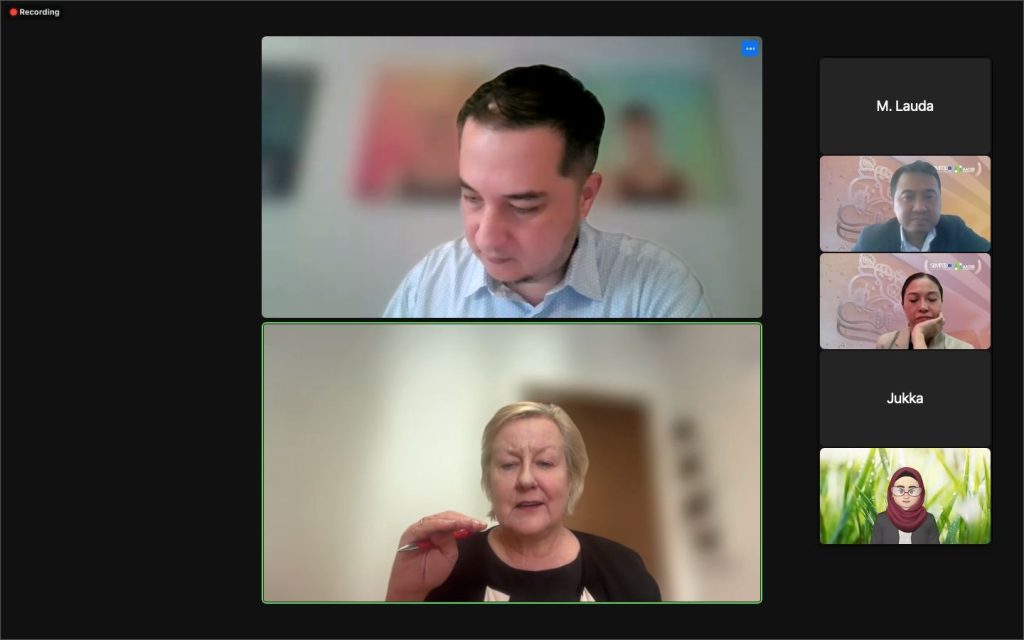“Change is always there,” said Riitta Lumme-Tuomala, Senior Advisor of Aalto University Executive Education, opening her material at the SBM ITB webinar entitled “Future of Work and The Crucial Role of Talent” on Tuesday (7/5).
The 4th Industrial Revolution is characterized by machines starting to replace human thought processes. As a result, workers are forced to develop unique skills such as data analysis, problem-solving, and adaptability to maintain their position in the industry. The COVID-19 pandemic has further accelerated this technological evolution.
In this rapidly changing world, the concept of VUCA (volatility, uncertainty, complexity, and ambiguity) has evolved into BANI (brittle, anxious, non-linear, and incomprehensible). This concept underscores the increasing confusion in the world, necessitating leaders to cultivate compassion. Leaders must understand that the workers under their guidance have capacities, skills, concerns, and limitations.
Several phenomena have been seen in the professional world in recent years. One of them is ‘quietly quitting’. Quietly quitting is when a worker, despite being physically present, makes the minimum effort possible at work. These workers have no drive to perform better or strive for higher positions, leading to decreased productivity in the workplace.
The second phenomenon is the rise of non-formal employment opportunities. Currently, the formal jobs available cannot meet the ever-changing job demand. Non-formal work opens up many opportunities for people who perform better in an environment that provides more freedom.
Addressing these phenomena, Riitta proposed the development of a ‘skills-based organization.’ This approach hones in on the work that needs to be done rather than the job titles that have been defined. Humans collaborate with machines and artificial intelligence in skills-based organizations, rendering formal job descriptions obsolete. This approach opens up a plethora of staffing schemes, presenting a world of opportunities.
Navigating change is not easy. So, Riitta underlines the sociological skills of leadership. A leader must be a sociologist, understanding how the environment shapes people.
“Learning is more important than data,” he explained, emphasizing how human perception is critical in interpreting data.






